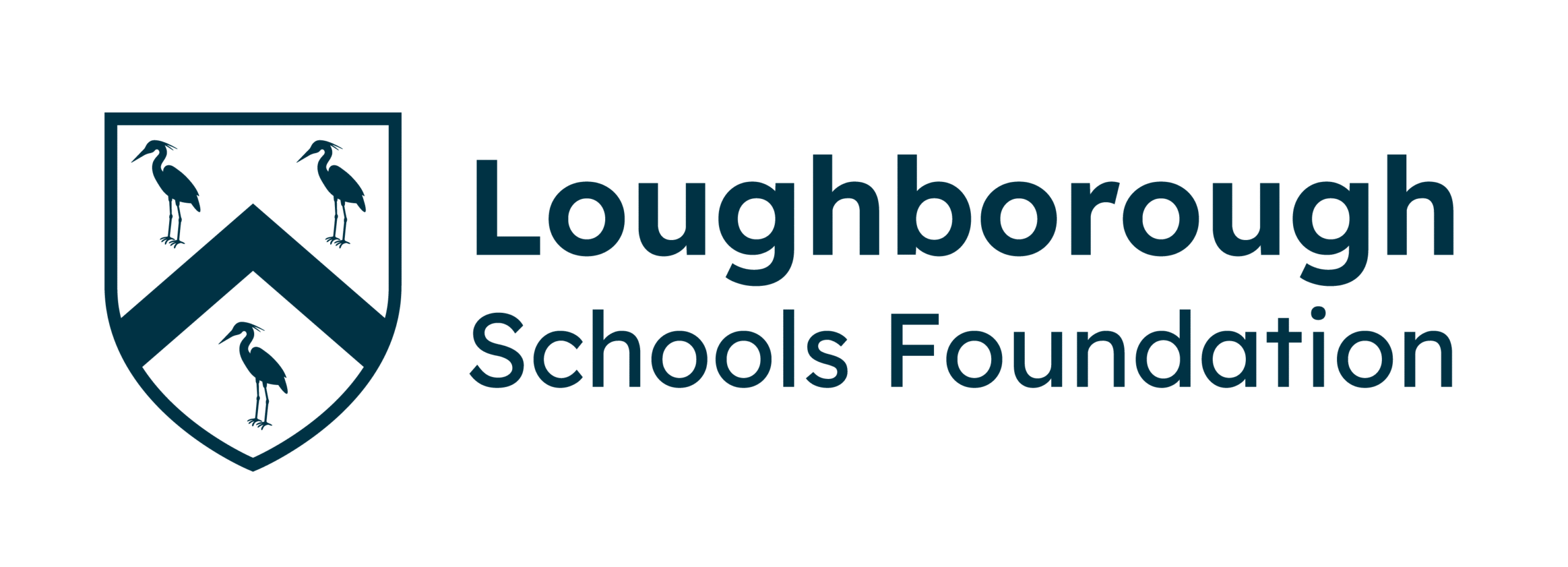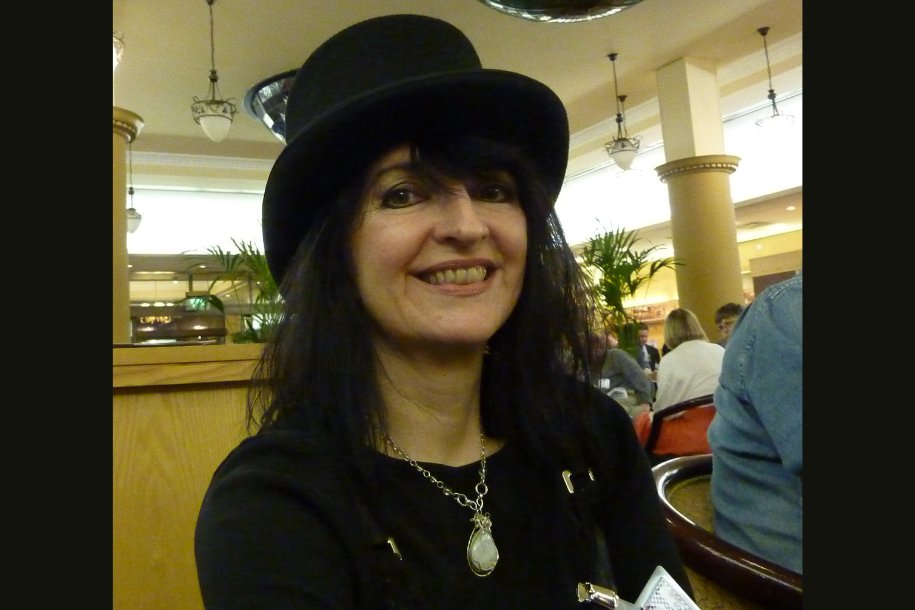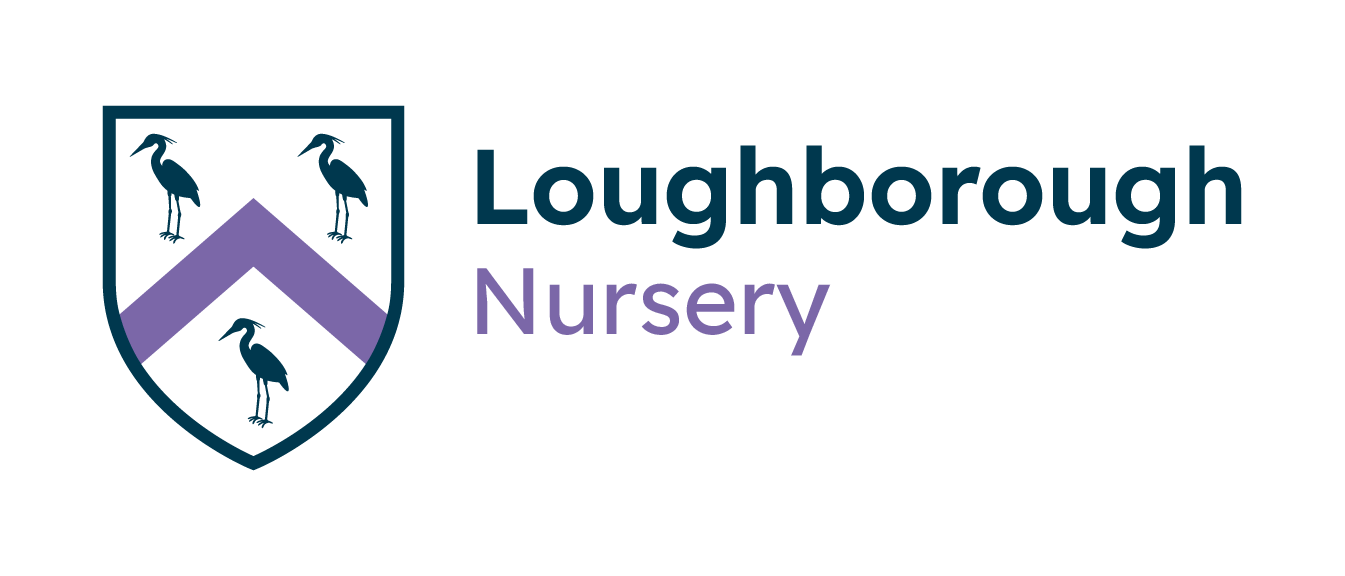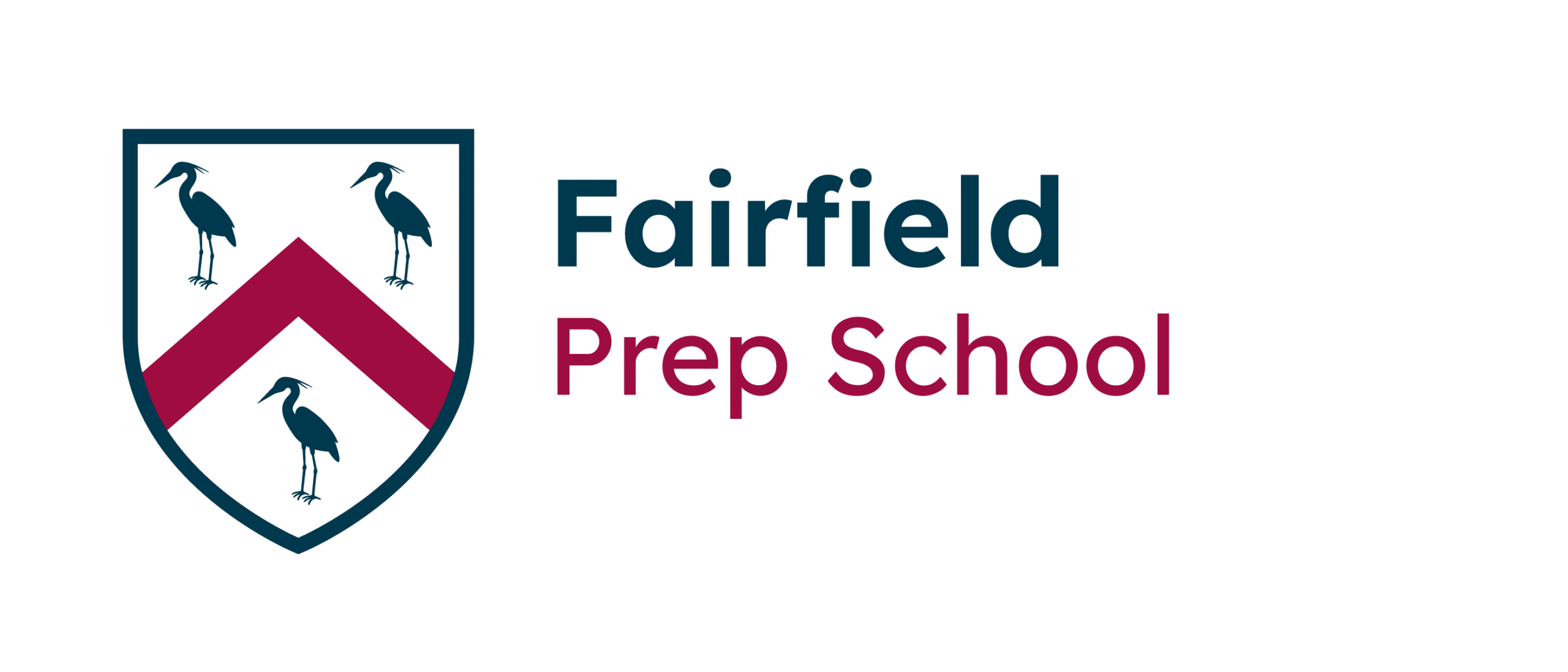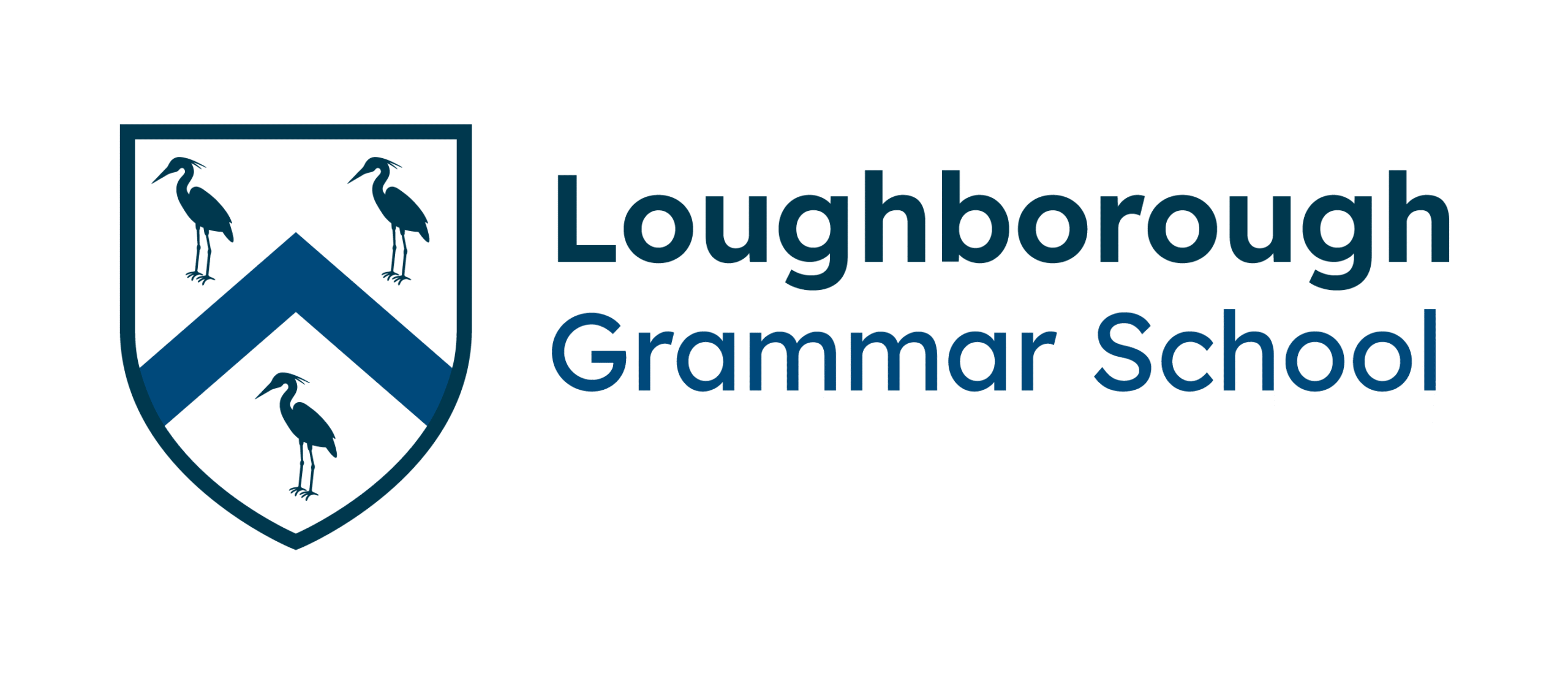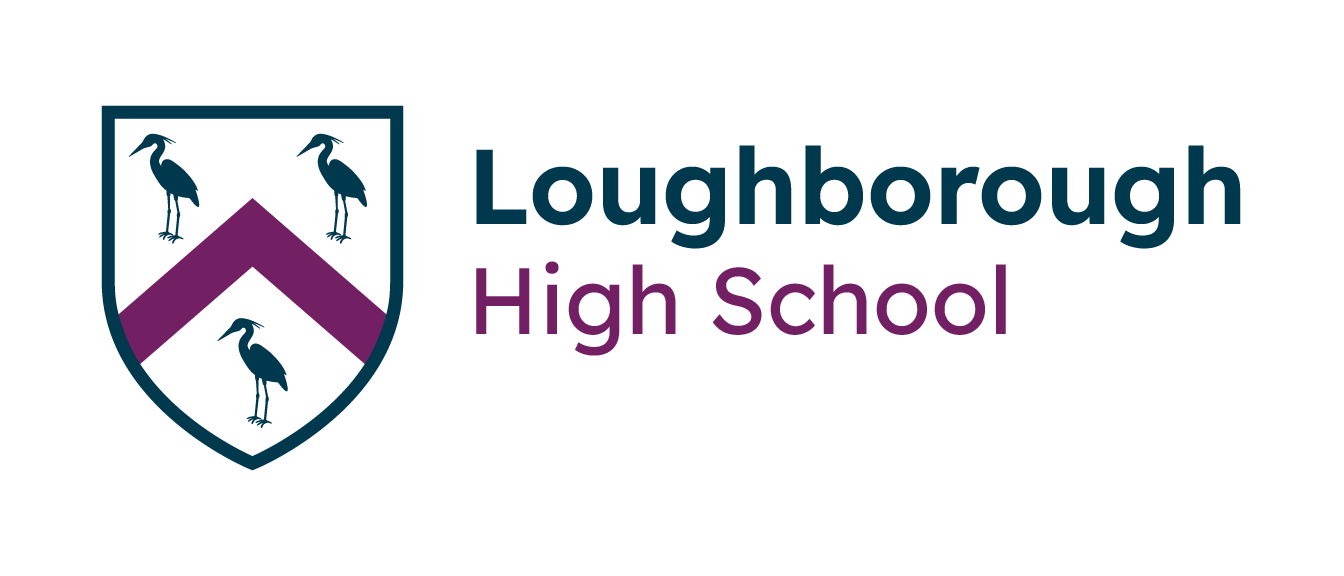Freda Warrington (LHS 1974) completed a Class Note for the Beyond the Barrier magazine letting us know what she has been up to over the years, and we just had to get in touch to find out more about her journey to become an author who has published of 25 books!
What did you do once you left school?
I was at Fairfield and the High School from 1963 to 1973, then I went to Loughborough College (now University) of Art and Design. Although my best subject was English and my dream was to be a writer, I decided not to study English at university because I didn’t want to teach, and I was concerned the courses might shut down my creativity. Becoming a published writer seemed an impossible dream, so I chose something practical instead. Graphic design was perfect for me as it was both arty and technical – we learned photography, typesetting, printing and so on, as well as design – and it led to a varied career. This was long before computers, of course! We did everything by hand in those days. And it’s proved very useful in my writing career too, otherwise I would have been clueless about the technical side of book design and publishing.
Tell us a little bit more about your early career
My first proper job was at the Leicester Royal Infirmary in the Medical Photography department. I saw the post advertised, applied and got it, by some miracle! My main work was producing teaching materials for the doctors to educate their students – slides for lectures, for example. I also made health education posters for clinics, things like that, and the medical art side was training to draw and paint human anatomy. That’s important because a drawing can show all the physical structures more clearly than a photograph. It was an extremely interesting place to work, having the medical side all around us. I was taking anatomy classes with the radiology students, and the surgeons I was doing work for would even take me into operating theatres to have a good look at the surgeries of which they needed illustrations or diagrams. Good job I’m not squeamish, or not very! I illustrated a book called ‘Operative Arterial Surgery’ by a Professor Bell with 300 line drawings of various procedures. I don’t think I realised at the time how lucky I was to have such an amazing job.
Later I moved to Hitchin and worked at a printing firm, and then for a construction company – much of that was producing brochures for housing developments, putting on exhibitions, that sort of thing. Not as interesting as medicine, but I learned lots more about layout design and printing. Then in 1984 an exciting thing happened – my first novel was accepted by a publisher! My personal life wasn’t working out at that time, but the affirmation of a publisher gave me the confidence to move back to the Charnwood area. Then I was working hard on my novels, and I also worked part-time for a magazine until I was able write full time.
Writing is still my main occupation, although since 2001 I’ve had a couple of slightly strange part-time jobs, such as working in a timber yard. People don’t believe me but it’s true! And I’ve also worked at Bradgate Park – my favourite place on Earth – in the visitor centre and café. More recently I’ve been at home taking care of my very elderly mum (she passed in 2022 aged 98) and doing some mentoring work with aspiring authors.
How did you achieve your dream of becoming a published author?
I started writing little stories almost as soon as I could hold a pen – beginning with fairy tales then moving on to pony stories. I tended to be inspired by what I was reading or doing. When I discovered Tolkien and other fantasy writers in my teens, I had truly found the genre I belonged in.
What sparked your passion for writing?
My dad always read to me, and taught me to read even before I went to kindergarten. I just loved getting caught up in imaginary worlds. Being an only child, I spent a lot of time reading and daydreaming, so it seemed natural to start writing my daydreams down! I must say that the English teachers at LHS inspired me too and I would get very emotionally invested in the novels we were studying such as Tess of the D’Urbervilles or Wuthering Heights, and the Shakespeare plays. I can remember, with a couple of friends, getting so excited about Julius Caesar that we’d act it out during break time! Fun times. Anyway, I’d often come to the end of a book I’d enjoyed and want to carry on the magic, but in my own way and with my own characters. Or I’d be dissatisfied with the ending, and I’d set out to write a story that went in a direction I preferred! I suppose most people grow out of their youthful pastimes, but I never did. One time at school, our teacher asked, ‘Has anyone ever tried to write a book?’. I was the only person to stick my hand up which was quite embarrassing…
What was it like publishing your first book?
It was the proverbial dream-come-true. I’d started many novels, but A Blackbird in Silver was the first one I’d actually finished. I wrote it in my spare time while I was at college, my mum helped me type out the manuscript, then I began sending it out to publishers and agents. I got mostly rejections, of course. Eventually an agent took me on, rather to my surprise, and it took him another few years to sell it to a publisher, New English Library (now Hodder Headline). So my first fantasy novel finally appeared in 1986 in two volumes, A Blackbird in Silver and A Blackbird in Darkness. In the meantime I’d done a huge amount of rewriting and expanding of the original manuscript, and learned a lot in the process. The day I first held a copy of my first book in print was amazing. I can remember taking it out to show my mum and dad in the garden – we were all speechless! And seeing it in a book shop was stunning. I was once browsing in the book department of a store and I saw someone reading A Blackbird in Silver. I was so tempted to creep up behind him, put my head over his shoulder and whisper, ‘I wrote that’! I didn’t of course, but the thought of it was very entertaining. I could imagine him fleeing from the weirdo.
Did you face any challenges when trying to become a published author or other challenges after your books were published?
Well, you can tell from the above that it was a long process – 13 years between starting that novel and seeing it in print! But it was wonderful, I felt as if my life had really started then. More books followed (I’m nearly up to about 25 now, I think) and I started going to literary and science fiction/fantasy conventions where I made many friends and even met my husband Mike (we’ve been together 34 years!) And I met many writers whose work I’d read, so I was very star-struck. Those were exciting times. I think the most famous ones we knew well enough to sit and have a drink and chat with were Terry Pratchett and Iain Banks (both no longer with us, sadly).
But yes, publishing can be a very capricious and challenging business. Sometimes a writer’s latest book doesn’t sell as well as their editor hoped, so their marketing budget or next advance – if they’re lucky enough to have one – gets cut. There are upheavals, like one company being taken over by another, or your editor leaving, or an entire list being cancelled (for example, the publisher decides to cancel its line of fantasy novels). Both editors and authors can suddenly end up ‘homeless’. I was very lucky, in that each time I ‘lost’ a publisher, another was waiting to pick me up. Over the years I’ve also been published by Pan Macmillan, Penguin, Simon & Schuster, Tor US, Titan Books, and small presses such as Telos and Immanion Press. I’ve also had some foreign language translations, quite a strange experience.
So I’ve managed to stay in print and keep publishing my work for over 30 years, which according to my agent is extremely good going! But the publishing landscape has changed dramatically over the years. We’ve been through recessions, and publishers no longer have the resources to take risks on unknown authors; we’ve seen accountants effectively take over from editors, and they’re all about finding the best sellers and shedding writers who (like me) do moderately well but don’t make huge money for them. And of course Amazon came on the scene so now anyone can self-publish a book, which can be a good thing – there are some highly successful self-published authors out there – or a bad one, as we see the eBook market flooded with work that… maybe… in the past should have stayed in someone’s sock drawer!
Self-publishing has been a blessing for me because it’s enabled me to get back the rights to all my older titles and reissue them in Kindle format. So anyone who’s interested in my work can look me up on Amazon or on my website, fredawarrington.com.
Do you have any advice for alumni looking to publish their own books?
Goodness, where to start. The crucial thing is to love writing and be passionate about it. Write because you need to, not in the hopes of making money. It’s always a good thing if you can find a writers’ group (in real life or online) to be with like-minded people and encourage each other along. There are creative writing courses at university, of course, but I can’t speak to the usefulness of these because they might be great or they might beat the creative spark out of you, which would be awful. I’d advise finding a professional editor to help polish your book for submission, though this can be expensive. When you’re ready to submit, make sure you follow all the agent’s or publisher’s guidelines to the letter or they’ll reject your work without consideration. Never pay for publication (that’s ‘vanity publishing’ – basically you’re just paying to have the book printed). Above all, be aware that getting published has always been difficult, and these days it’s harder than ever. But still not impossible. So be prepared for many setbacks, be prepared to rewrite and edit a dozen times over, and just keep going.
What’s the hardest thing about being an author and how do you overcome this?
Probably the hardest thing is spending so much time alone, just you and the computer screen. It can be wonderful when you’re flowing along in the writing zone, but other times when words won’t come and you’d rather go and clean the loo than sit here asking a blank screen why you’re doing this… that can lead to depression. Then it’s best to go for a walk, talk to a friend, anything to distract yourself until the batteries recharge.
Do you have any favourite memories from your time at School?
I used to love the Christmas carol services – each class would take turns to stand up and sing two or three carols with such angelic, thrilling harmonies. The atmosphere was magical. I don’t know if the school still puts on tableaux, where pupils would dress up and pose to recreate famous paintings, but that was truly magical too, and I loved the scent of incense as the ‘We Three Kings’ paraded through the hall. Other than that, I just enjoyed being with friends every day. The only class I didn’t enjoy was anything sporty, apart from swimming. I was hopelessly unathletic! Another fond memory is the last day of every term, when we had to clean and polish our desks. We had no work to do and there was a feeling of excitement and anticipation, and a gorgeous smell of beeswax polish in the air. Overall, school was a happy time for me.
Is there any advice you would give your younger self?
I would tell her to work harder and spend less time giggling in the back row! Make more effort with maths (I was terrible), and study more languages because they’re so helpful when you get older. There’s a lot more I could tell my younger self, but restricting it to schooldays: I’d also warn her NOT to take on a dare with a friend to see who could be the most cheeky to a teacher, because the friend will chicken out, and younger me will be the one who ends up in detention!
